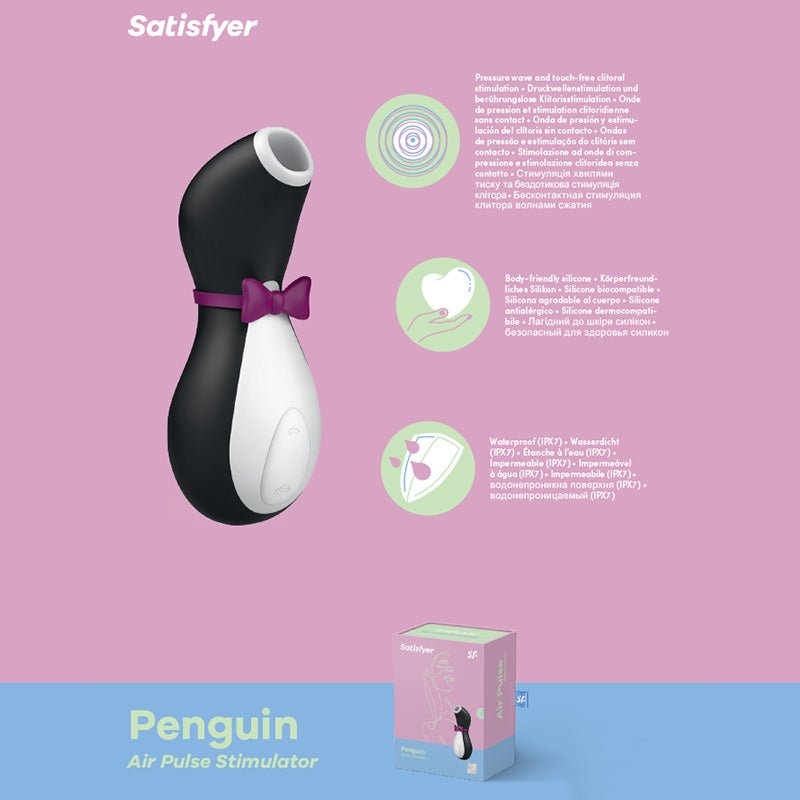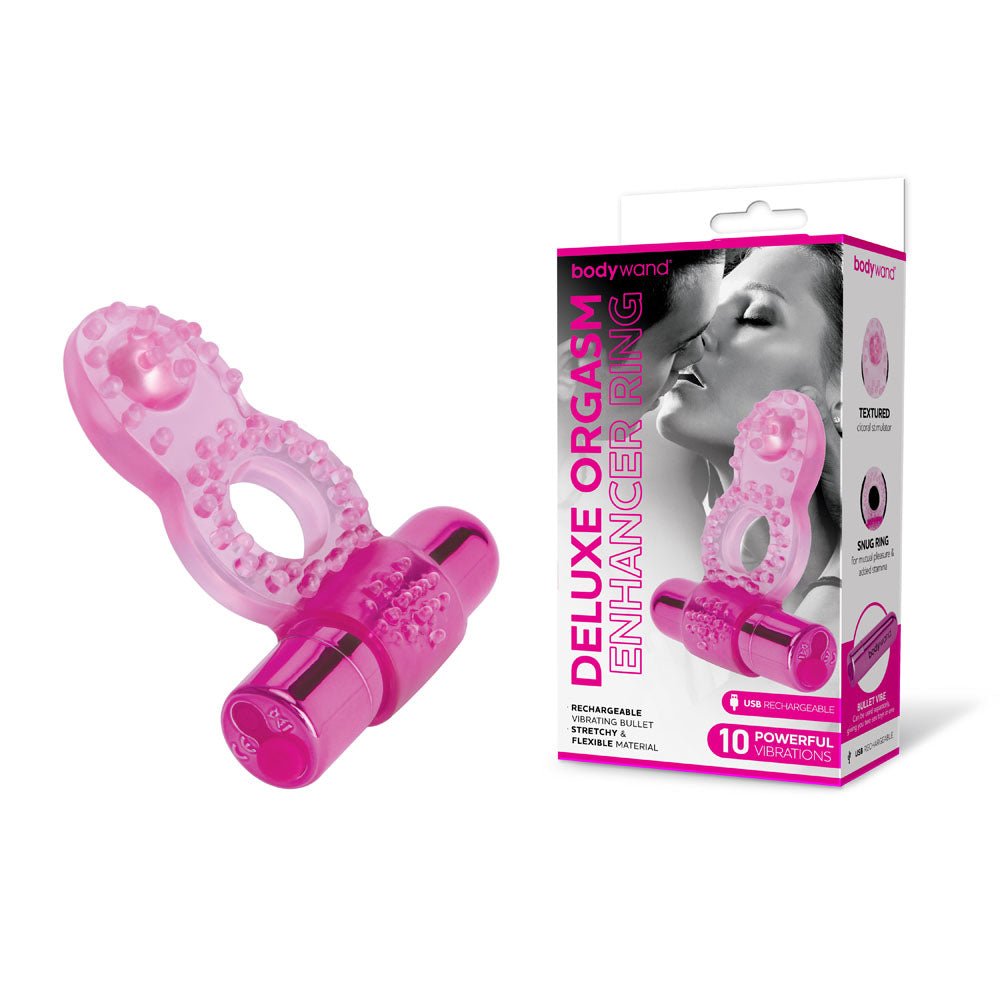What is Felching and what are the risks?
What is Felching?
Felching refers to a sexual practice involving the swallowing of someone’s semen from the anus, rectum, or vagina. This act, alternatively known as anal sex or anilingus, entails the use of the mouth, encompassing the lips, tongue, or teeth, to stimulate another person's anus. Referred to by various slang terms such as anal–oral contact, anal–oral sex, and others, this activity, on the surface, may seem innocuous but carries potential health risks, including exposure to sexually transmitted infections (STDs).

It is essential to be aware of the potential dangers associated with felching. If you or someone you know engages in this behaviour, it is advisable to read the information provided below and seek advice from a healthcare professional if there are concerns regarding safety or sexual health.
Why do people Felch and does it feel good?
Now that you're familiar with what is felching, let's delve into the motivations behind this practice. The pleasure derived from felching varies based on individual preferences. Many find it fosters an extraordinary sense of intimacy by sharing bodily fluids outside traditional intercourse.
Physically consuming fluids from a partner creates a unique closeness, as expressed by one source: "The deepest fulfillment is when he ejaculates within me and then goes back down to explore every nook and cranny."
Using a straw as a felching tube may limit sensations, but employing the mouth can enhance pleasure through tongue and lip movements against the area containing sperm. Describing creampie felching, another source shared a pleasurable experience resulting in additional orgasms within minutes.
For some men, felching serves both as a post-sex cleaning method and an enhancer of pleasure, aiding in overcoming the refractory phase for subsequent performances.
Felching, often driven by a desire for oral-anal stimulation, can have diverse motivations. Some engage in it for health reasons, citing medicinal benefits, while others incorporate it purely for enjoyment, making it a regular part of their sexual activity. Some experiment with felching for shock value or to explore taboo fetishes. Felch porn can also be a turn on for some people.
In most cases, there isn't a single motivation; rather, various factors contribute to such behaviours, making it challenging to pinpoint precise causes. If someone suspects their desire for anilingus is linked to a physical ailment or mental disorder, consulting with a healthcare professional is advisable for appropriate treatment and support.
Health risks involved in Felching
Felching poses significant health risks due to the introduction of microorganisms from the anus, increasing the likelihood of contracting sexually transmitted infections like HIV, hepatitis B or C. Contact with faecal matter, especially if it reaches an open wound in the mouth or is ingested, carries the risk of bacterial illnesses such as salmonella and E. coli. Anilingus, though uncommon, is exceedingly hazardous to health.
Whether performed individually or between consenting adults, felching is associated with adverse health outcomes, including bacterial infections, skin-to-skin contact with faeces promoting bacterial growth, and the presence of E. coli and other aquatic microorganisms. Hepatitis transmission risk is higher during anal intercourse compared to oral sex due to blood traces in faecal matter. HIV/AIDS transmission has been linked to anal intercourse, possibly through contact with bodily fluids.
Felching can lead to faecal incontinence, worsen existing haemorrhoids, and elevate the risk of contracting STIs. Bacterial infections from STIs transmitted during anal intercourse may cause pelvic inflammatory disease (PID), leading to pelvic discomfort, fever, infertility, and potential mortality if untreated. Faecal matter entering the urethra during anal intercourse can contribute to urinary tract infections (UTIs), especially in individuals with frequent UTIs or bladder issues.
Other complications associated with felching include rectal bleeding, diarrhea, and nausea, generally considered minor effects manageable with over-the-counter drugs. Persistent or severe symptoms warrant consultation with a healthcare professional for appropriate treatment options.
Preventive health measures for Felching
Felching carries potential health risks, including exposure to sexually transmitted infections (STIs). To maintain sexual health, practice safe sex by using barrier methods like condoms, prioritize proper hygiene, and engage in open communication with your partner(s) about boundaries and preferences. Regular STI testing is essential, particularly if you participate in activities that may increase exposure.
Additional preventive measures include practicing good personal hygiene, considering alternative sexual practices with fewer health risks, and staying informed about sexual health and safe practices. If you have concerns or experience symptoms related to felching, consult with a healthcare professional for guidance and testing. Vaccination for preventable STIs, such as hepatitis B, is recommended to reduce transmission risk.

Emphasize a healthy and respectful sexual relationship by prioritizing communication, consent, and a mutual commitment to each other's well-being. For any questions or concerns about sexual health, seeking advice from a healthcare professional is recommended.
Conclusion on Felching
Now you know what felching is, why people do it and the health risks involved you can make a decision whether it is something you want to try. Just remember, anilingus and felching are not inherently risky, but they can lead to more perilous forms of anal intercourse. For instance, anilingus may result in infection if your mouth has wounds or sores that come into contact with your partner's anus. Using devices without proper cleaning or engaging in anal sex without condoms increases the risk of contracting sexually transmitted infections.
To avoid illness during felching, practice proper hygiene. Wash your hands thoroughly before and after engaging in oral intercourse with your partner. Ensure your partner's hygiene, and refrain from engaging in anilingus if they have diarrhea or haven't recently bathed.
If you have an underlying health condition that may worsen with anilingus, get tested for STDs before participating in any form of anal intercourse. Additionally, be cautious if your partner has a history of unprotected anal sex, as it can lead to the transmission of sexually transmitted infections, such as HPV or hepatitis.
If you have concerns about yours or your partner's health, consult your doctor before engaging in anilingus or felching activities.
As a special thank you for taking the time to read our blog, we'd like to reward you with an exclusive 5% discount code to use in our online store, Ignight Me! Simply enter the code BLOG5%OFF at checkout to enjoy 5% off your next purchase. Happy shopping!














